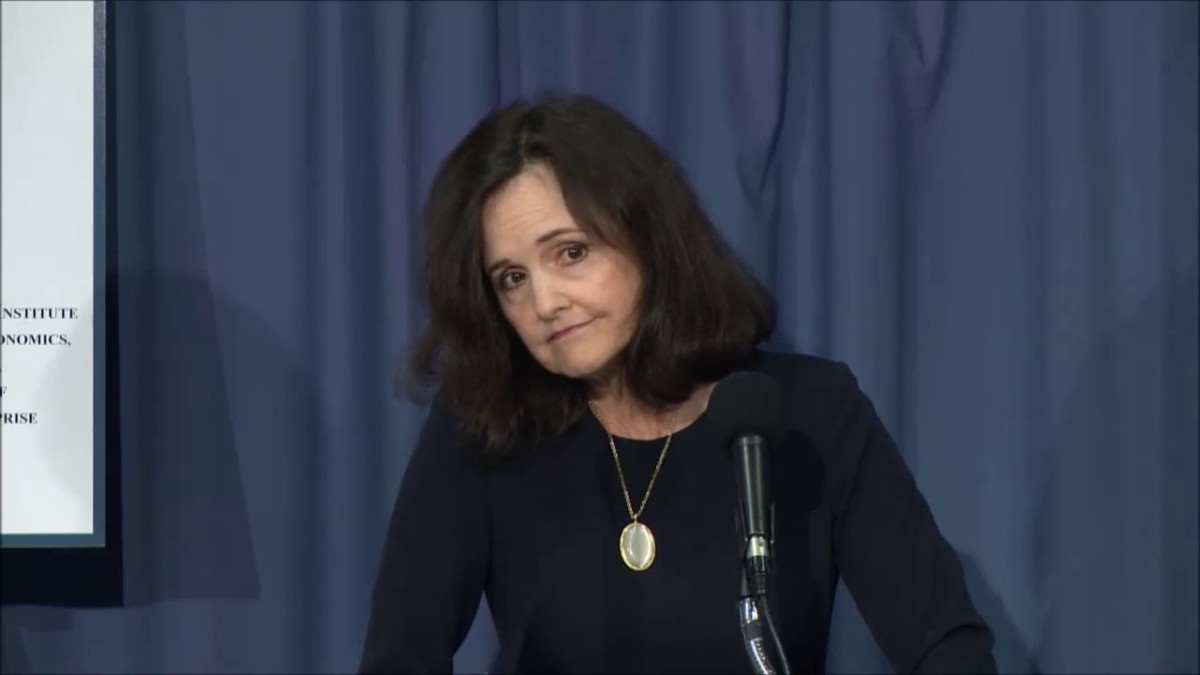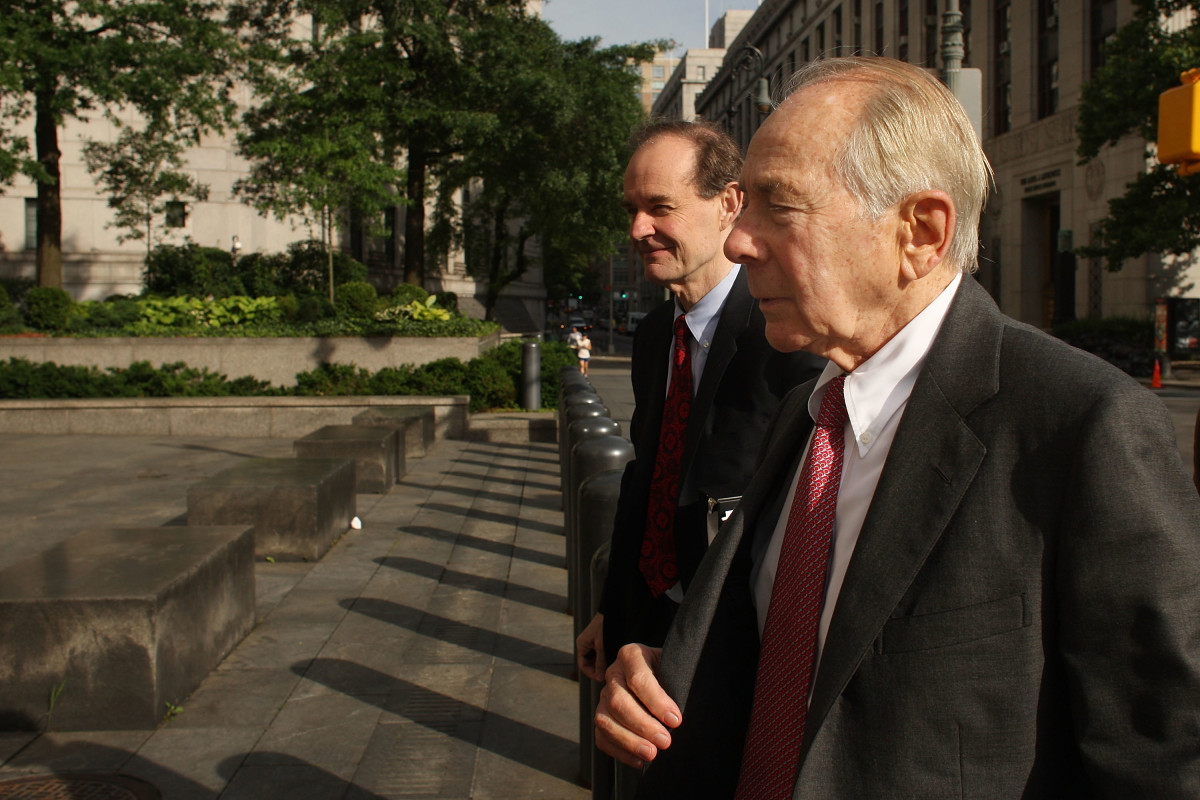When it comes to Biglaw bonus memos, shorter is better. Just let folks know how much they’re getting (hopefully at least market rate) and when they’re getting it and… that’s it. That’s all folks really want to know. The longer the announcement, the more conditions on the bonuses — like the number of billable hours or the time frame to enter said hours in order to qualify for the money.
The bonus memo at Goldberg Segalla, 171st on the 2020 Am Law ranking with $150,000,000 in gross revenue last year, was released yesterday, and it is an astonishing 15 pages long. (Available in full on the next page.)
Yikes.
The majority of it is dedicated to describing the leadership and “professional hygiene” components of the bonus formula which is an attempt to put some criteria on functionally discretionary factors. Listen… the Biglaw gold standard is lockstep bonuses. Besides being impervious to subjective impressions of associates which can reflect personal bias, lockstep gives associates a measure of certainty about their compensation and allows for apples to apples comparisons across peer firms. This is… not that.
In any event, the leadership and “professional hygiene” components can enhance the production component of the bonus, and that’s where Goldberg Segalla lays out the hard numbers. First we’ll note that associate production bonuses are based on “realized hours” meaning the firm has to actually collect from the client to get a bonus on that time, which… is not great for associates. It’s hardly a young associate’s fault if the firm is unable to collect on the work that they did. Of course there’s always a risk that a firm won’t get paid, but floating that should be the responsibility of the partnership, not the rank-and-file associates that have little control over whether clients pay, especially when they rarely have autonomy over which matters they’re assigned in the first place.
But anyway, here are the bonus amounts for all associates — regardless of class year (the two discretionary components may account for class year differences):
Subject to the professional hygiene component of the bonus program as described on the pages discussed within the body of this bonus memo, the Production bonus component for associates is based upon number of realized hours during the fiscal year (see above).
Hours: Bonus:
1950 $5,000
2000 7,000
2050 8,000
2100 9,500
2150 11,000
2200 12,500
2250 14,500
2300 17,000
each additional 50 realized hours = $2500; there is no maximum production bonus component.
But don’t worry — it gets shittier. Usually year-end bonuses are paid… at the end of the year. Or perhaps at the end of the first quarter the following year. Not at Goldberg Segalla. They drag the process out over the course of the following year:
“Gross bonus” is the cumulative amount determined by adding the gross production component to the leadership component and adding or subtracting the professional hygiene component (if any).
The bonus will be paid in five distributions as follows:
On or before December 31, 2020: 12.5 percent of the gross bonus
On or before January 31, 2021: 12.5 percent of the gross bonus
On or before April 30, 2021: 25 percent of the gross bonus
On or before July 31, 2021: 50 percent of the remainder after write-offs and holdbacks are accounted for
On or before October 31, 2021: remainder of bonus after write-offs and holdbacks are accounted for
Any holdbacks that still exist as of October 31, 2021 will be monitored monthly and released accordingly as the receivable on which the hold back is based is collected by the firm.
And of course, associates only get the bonuses they earned if they’re still employed at the firm at the time of the distribution. That locks associates in at the firm and off of the lateral market if they want to collect the money they’re owed.
Since Baker McKenzie made the first year-end bonus announcement last week, Biglaw has been pretty quiet on the bonus front. Let’s hope whichever firm acts next will do so with the nice, big lockstep numbers we’ve come to expect from the elite in Biglaw.
Remember everyone, we depend on your tips to stay on top of important bonus updates, so when your firm matches, please text us (646-820-8477) or email us (subject line: “[Firm Name] Matches”). Please include the memo if available. You can take a photo of the memo and send it via text or email if you don’t want to forward the original PDF or Word file.
And if you’d like to sign up for ATL’s Bonus Alerts (which is the alert list we also use for salary announcements), please scroll down and enter your email address in the box below this post. If you previously signed up for the bonus alerts, you don’t need to do anything. You’ll receive an email notification within minutes of each bonus announcement that we publish. Thanks for all of your help!
 Kathryn Rubino is a Senior Editor at Above the Law, and host of The Jabot podcast. AtL tipsters are the best, so please connect with her. Feel free to email her with any tips, questions, or comments and follow her on Twitter (@Kathryn1).
Kathryn Rubino is a Senior Editor at Above the Law, and host of The Jabot podcast. AtL tipsters are the best, so please connect with her. Feel free to email her with any tips, questions, or comments and follow her on Twitter (@Kathryn1).















 Kathryn Rubino is a Senior Editor at Above the Law, and host of
Kathryn Rubino is a Senior Editor at Above the Law, and host of 
 Jordan Rothman is a partner of
Jordan Rothman is a partner of 




